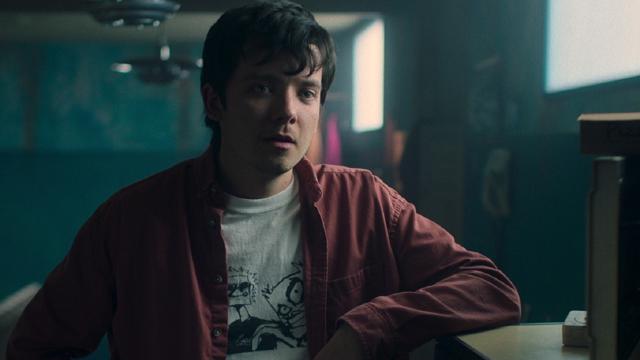Recent Movie Watchings
I’ve watched a lot of movies recently that I have a bit to say about, but not enough for a big post dissecting them on their own, like Wrong Turn and Ready Player One, so I’m just throwing them all together here.
Kimi
Kimi is a 2022 psychological thriller about an agoraphobic woman, Angela, who works from home for a smart speaker company - creators of the eponymous “Kimi” - listening to supposedly anonymised audio clips that the speaker’s AI couldn’t understand. On one of the clips she hears what she believes to be an assault in the background, and when her employers are reluctant to investigate she has to (gulp)… leave her apartment!
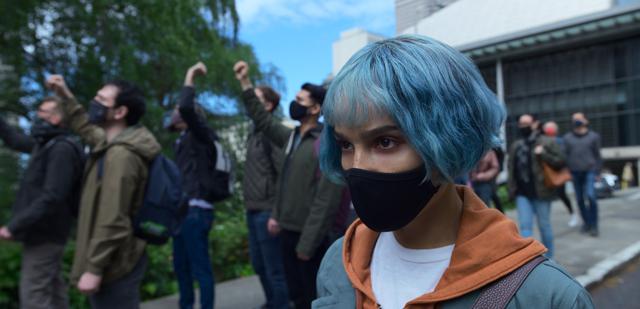
The main thing that I really liked about this movie was the portrayal of her struggle to leave her apartment, and the paradoxical sense of claustrophobia when she does. I felt much the same at one point in my life and it rang true to me.
On the other hand, when it gets down to thriller time, the action is quite repetitive and pointless. She gets captured, escapes, captured again almost straight away, escapes again right outside her building, and then there is somebody waiting for her in her apartment anyway. Boring. It gets better from there, but too late.
One thing I really didn’t like was the role of the smart speaker, Kimi. Although the plot early on does highlight a lack of privacy and data protection when Angela is able to find out whose speaker recorded the clips, and obtain further recordings, this is undermined by the plot being fundamentally about solving a murder thanks to the speaker’s ubiquitous surveillance. It then takes on a heroic role at the climax when Angela is able to outwit several hired goons by ordering it to do various things like cut the lights and play music and so on. Overall, I would say the movie comes down on the side of being pro corporate surveillance.
Mary Shelley
This 2017 historical drama is about the life of Mary Shelley and the sources of inspiration for her novel Frankenstein. Turns out men are the real monster??
![[Stares motherfuckerly] Screenshot from Mary Shelley, of Mary (played by Elle Fanning) in a bonnet](https://blog.hyperlinkyourheart.com/images/various-movies/Mary-Shelley_640.jpg)
I enjoyed this one a lot. I read up about her a bit after watching it and it seems like it was a bit loose with some of the details of her life (like how many children she had, and when they died), but what am I a Mary Shelley scholar?
Like Frankenstein, it explores the theme of men’s irresponsibility towards the procreative act, and neglect of their progeny, but more explicitly, and as such it’s a great complement to the book. Interestingly, the male characters don’t really seem to get it, and focus on the idea that Frankenstein is about Mary alone feeling neglected, rather that a more general lack of responsibility on their part. She doesn’t correct them.
The Death of Stalin
The Death of Stalin is a political black comedy from 2017 about the aftermath of Stalin’s death. I found it pretty funny, but it was also deeply weird to hear a bunch of undisguised American and British accents from characters in a movie set in the Soviet Union. Probably it would have been worse if they put on stereotypical Russian accents, of course, but Cockney Stalin?
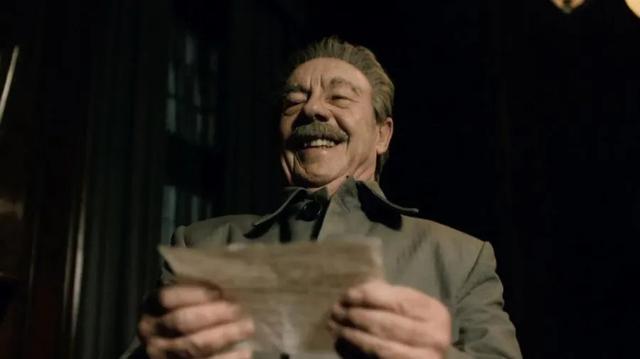
As usual, I would probably prefer to see something from post-soviet creators examining their own history, through a satirical lens or otherwise.
The Batman
The Batman is the latest in the saga of the Bat-men, this time starring Bobby Battinson. I think it might be my new favourite Batman movie, though I didn’t see the Ben Affleck one so I am not qualified to declare it the objectively best Batman movie.
The movie leans heavily into noir and gothic aesthetics, and imagines Bruce Wayne as a moody orphan who is uninterested in much outside of being a bat - including the effect his inherited wealth is having on society. Having become, under his father’s watch, a sort of slush fund for corruption, Bruce Wayne’s wealth is the underlying cause of much of the violence that Batman seeks to combat alongside his friends in the police.
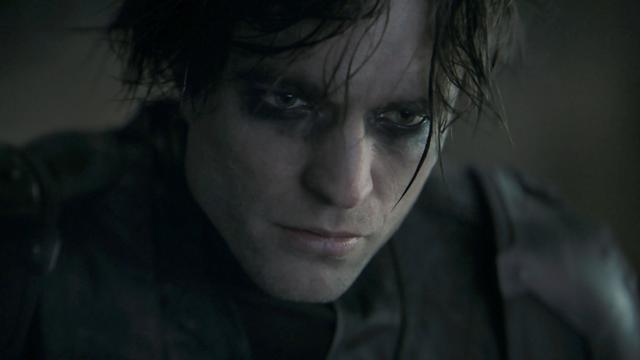
His main adversary is the Riddler, portrayed here as a vigilante serial killer with shades of Seven’s John Doe and the Zodiac killer. While Batman is beating up common criminals and thugs, the Riddler targets the powerful and corrupt, and as such it’s hard to identify the villainy in his actions for much of the movie (aside from the fact that he’s, y’know, doing murders and all that). The general public certainly see him as a hero. Meanwhile, he sees himself and Batman as partners, playing off each other in a common crusade to clean up the city (and who else could, but the only two men smart enough to appreciate a good riddle). It isn’t until his plan to “wipe the scum off the streets” by flooding the city is revealed that we see his contempt for the innocent as well as the guilty.
Unfortunately the overall politics of the movie could probably be summed up as “we just need more good billionaires”. Bruce comes to realise that his vast wealth comes with responsibilities, and it seems like he’s going to do some philanthropy alongside his nightly costumed kickpunching. I guess we’ll find out in the sequel if enlightened liberal capitalism is the solution to capitalism’s problems.
I didn’t even realise that Colin Farrell was in this until I saw his name in the credits. He’s completely unrecognisable as the Penguin.
Choose or Die
Choose or Die is a 2022 horror thriller about a cursed retro video game. This seemed like a fun premise, but unfortunately the movie as a whole was fucking crap.
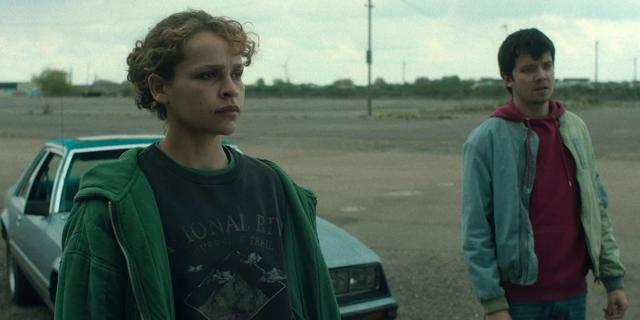
My main fault with it is that the game (named CURS>R) has apparently boundless powers to reshape reality to its whims, and that the choices it presents players with are seemingly arbitrary, and differ wildly in terms of their consequences. For example, the first choice the main character, Kayla, is given is between coffee and cake in a diner, with apparently no negative consequences. Another character’s first choice is between eating a computer or eating their own arm - both potentially fatal, one would think. For one of the “levels” of the game, Kayla is asked to choose between a blue door or a red one, with no other information. It reminded me of the first text-based video game I wrote when I was 7, which was just a collection of random scenarios where every path ultimately ended with the player being eaten by a tiger.
The climax sees Kayla facing off with a previous player (who we are introduced to in the opening scene, but learn very little about). At this point a moral is shoehorned in about white male entitlement in videogaming - which would be a fine theme if it wasn’t introduced so late and handled so clumsily.
I did like the grungy 80’s aesthetic, and that it seemed almost self-aware about how played out that kind of nostalgia is at this point. Also Asa Butterfield is great as a basement-dwelling retro video gaming obsessive. I do love me some Asa Butterfield…
